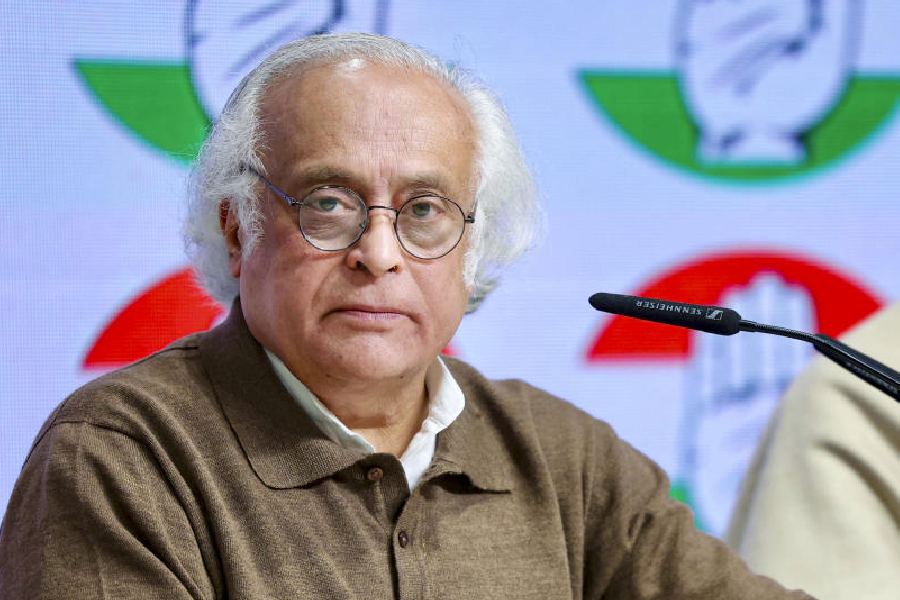My maternal cousin, a bachelor, lived the last 40 years of his life with us instead of his own siblings. He died without leaving any will or probate. He had opened a joint account with my wife on either or survivor basis. My queries are:
a) Can his brother have any claim to the account?
b) Can his brother claim the earnings of the deceased or any money that he spent during his lifetime? I must mention here that we do not have any idea of what his earnings were and how he spent it.
Name and address withheld
If the account is a joint one on the either or survivor basis, then both can operate the account and also withdraw money. This amounts to a valid discharge on the part of the banker. In this case, the survivor becomes the collector of the amount. However, this means that the collector may or may not be the legal heir. If the legal heir of the deceased wants to claim the amount in the joint account, then he/ she has to approach the civil court and get an appropriate order from the said authority.
My brother died recently. He had made a will in 1962, which is registered in Calcutta. In 1993, he made another will, cancelling the previous one. This second will is unregistered. Is the unregistered will valid in the eyes of the law?
Sankar Nath Chandra, 224 Bidhan Sarani, Calcutta 700 001
Registration of a will is not compulsory. Therefore, the second will your brother made is valid in the eyes of law. However, it is necessary to obtain a probate with regard to the second will. This is irrespective of whether the will is registered or not.










